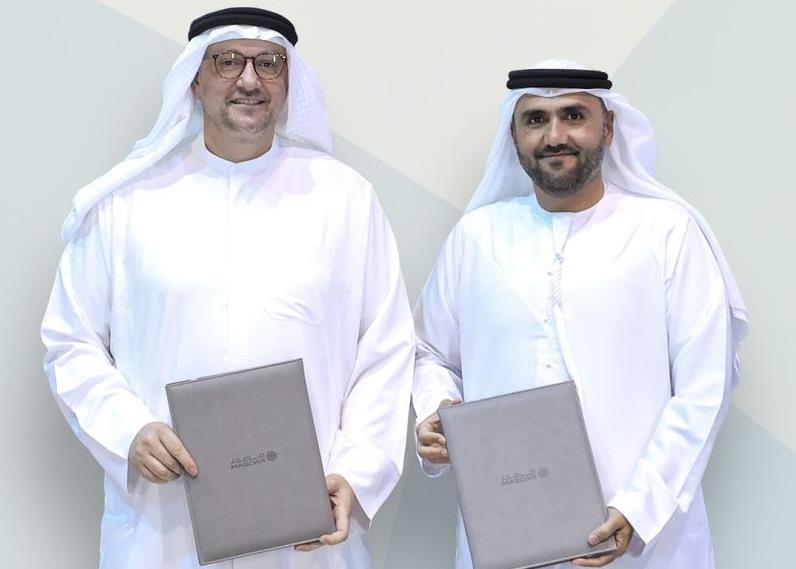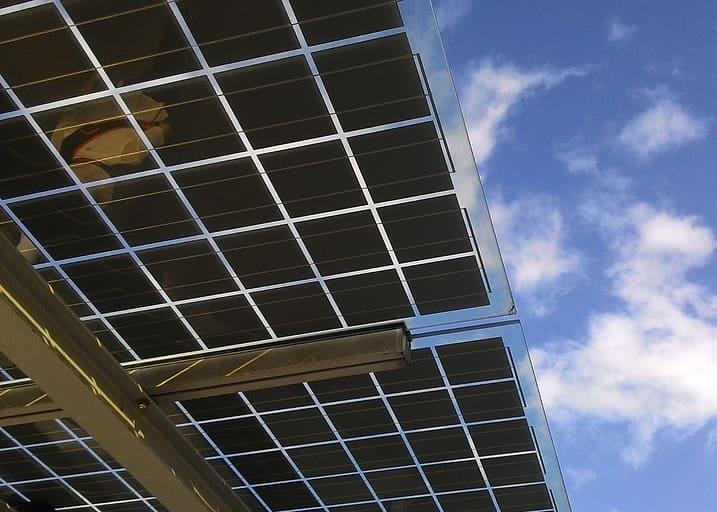
Oil Ministry hopes to involve the private sector in its export pipeline expansion
Iraq’s Oil Ministry is planning to invite international investment into a more than $12bn pipeline scheme that will be a critical part of plans to boost the country’s oil output.
The ministry wants to hold an international investor roadshow in May to meet bankers, export credit agencies and oil companies in order to drum up interest in the scheme, which is the first of its kind in Iraq.
Baghdad’s plan includes a 2.25 million barrel a day (b/d) crude oil pipeline and a 1.75 million b/d extra heavy crude pipeline that will stretch from Haditha in northwest Iraq to Syria and on to the Mediterranean.
Drafts of a build-own-operate-transfer (BOOT) contract for the pipelines, and an economic model including capital and operating expenditure have already been completed by SNC Lavalin, which is advising the oil ministry. If the project goes ahead, it will be the first time that a BOOT contract has been used in Iraq.
In April the government approved the plans and invitations to bid for the pipeline contracts are expected to be issued after the international roadshow. Baghdad wants to reach an agreement with international developers and investors by March or April 2013, with the completion of construction slated for 2016, according to Ghassan Ashqar, SNC Lavalin’s senior vice-president for business development, speaking at MEED Iraq Oil & Gas EPC conference in Istanbul on 18 April.
The ministry hopes to repeat the success of its three oil and gas field licence auctions, which saw 11 oil and gas fields awarded to international oil companies (IOCs) in 2009 and 2010.
Iraq will create a special purpose vehicle, similar to State Company for Oil Projects (SCOP), which will form a joint venture with the developers to establish an operating company to build, run and operate the pipelines.
Crude oil will be supplied by state-owned South Oil Company (SOC) on a take-and-pay basis from the fields awarded to IOCs in the first and second licensing rounds.
“It will remain SOC crude while inside Iraq. It will transfer to Somo [State Oil Marketing Organization – an Oil Ministry subsidiary] when outside the country. They will be the seller under the off-take agreement”, explains Ashqar.
As well as bringing finance for the scheme, the operator or developer must provide the engineering, procurement and construction (EPC) and operations and maintenance (O&M) contractors.
Success of the project will be vital if Iraq manages to increase oil production to more than 12 million b/d from its southern oil fields. Although other projects to increase oil exports from Basra are already underway, they will not be able to handle the planned capacity increases.
The pipeline to Syria is only the first phase, however. “Iraq needs at least 7,000 kilometres of 48-inch pipeline,” says Jim Turner, deputy economic counsellor at the US embassy in Baghdad. He warns that the budget of the project could be much larger. “The cost does not include upgrading and rehabilitating the existing pipelines, tank farms, facilities, water injection schemes of field development and production costs.”
While the first phase will focus on Syrian exports, Baghdad also plans to repair and expand the existing export line to Turkey and a 1 million b/d export pipeline to Jordan is also being studied. This is yet to be approved.
Studies have so far been done for the pipeline from Pumping Station-1 in Basra to Syria, as well as the revamp of the Northern oil export pipeline, which runs from Baiji to the Turkish port of Ceyhan on the eastern Mediterranean.
The twin pipeline was designed to transport 1.6 million b/d of Kirkuk crude blends to Turkey, but damage to the 1T1A pumping station has meant only one line is operable and it ships less than 500,000 b/d currently. There is also a 1.75 million b/d heavy oil pipeline from Basra to a storage terminal in Tuba, running along the eastern provinces.
You might also like...

Neom seeks to raise funds in $1.3bn sukuk sale
19 April 2024

Saudi firm advances Neutral Zone real estate plans
19 April 2024

Algeria signs oil deal with Swedish company
19 April 2024

Masdar and Etihad plan pumped hydro project
19 April 2024
A MEED Subscription...
Subscribe or upgrade your current MEED.com package to support your strategic planning with the MENA region’s best source of business information. Proceed to our online shop below to find out more about the features in each package.




